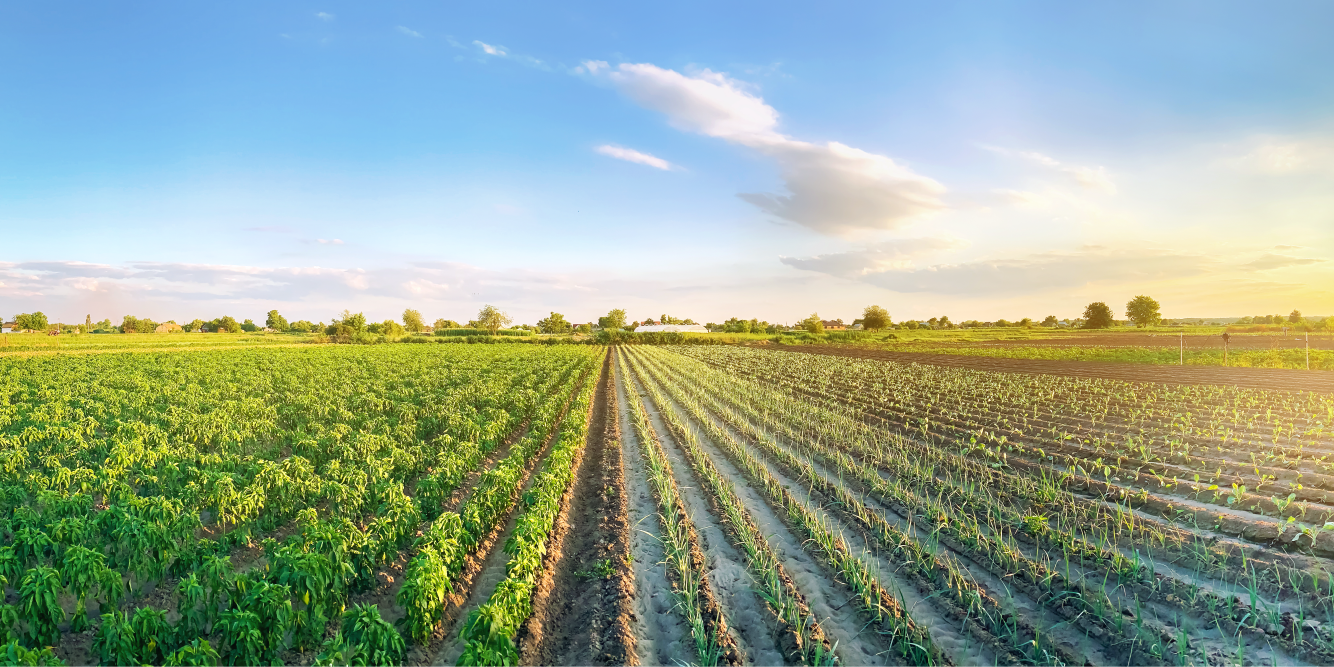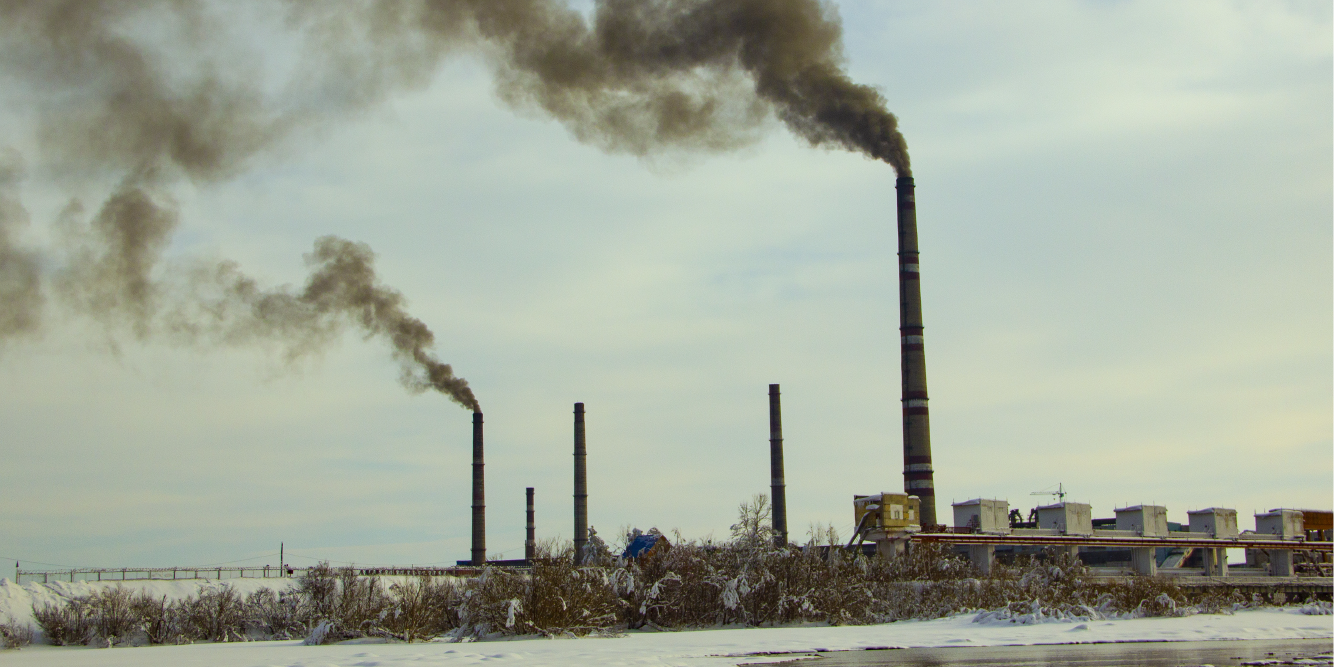Food Production
Mitigation, adaptation, and resilience in the agriculture sector are essential to climate action, especially to protect livelihoods and the right to food. The agricultural sector should be a sink and not a source of greenhouse gas emissions.
- Secure the right to food, ensuring that economically disadvantaged areas, communities of color, and climate-impacted communities have access to healthy food.
- Make a massive investment in agroecology and regenerative practices to restore soils, promote biodiversity, and protect ecosystem services in rural areas, including by dramatically reducing the use of synthetic fertilizers and pesticides. Rural areas contain only 19% of the U.S. population but represent 97% of the country’s land mass. The potential for this expanse of land to contribute to carbon sequestration is enormous.
- Reform economic support for farmers to better protect family farms and farm workers.
- Reform subsidies and other forms of price supports to support agroecology and environmentally sound and climate-friendly agricultural practices, such as cover cropping, integrated pest management, and agroforestry.
- Ensure fair prices for family farmers so that farming provides a decent livelihood.
- Ensure the availability of affordable credit for family farmers, especially young and minority farmers who may lack access to other sources of credit and capital.
- End and provide restitution for historic discrimination against minorities in agriculture programs.
- Enact protections for farm workers to ensure safe working conditions, a livable wage, and other labor protections, regardless of immigration status.
- Enact antitrust rules that stop and reverse the corporate consolidation of agribusiness companies to protect farmers, workers, consumers, and rural communities and reduce vertical and horizontal consolidation.
- Transform the livestock sector by increasing understanding of the significant role animal agriculture plays in driving climate change and addressing the heavy impacts of livestock production on the environment. Support transformative approaches to greenhouse gas reduction and ensure that economically disadvantaged communities, communities of color, and indigenous communities do not continue to disproportionately bear the burden of pollution and climate disruption from the livestock and poultry industries:
- Establish mandatory targets for greenhouse gas emission reductions for the animal agriculture sector based on a comprehensive life cycle assessment (LCA) approach, from cradle to post-farm gate (including land conversion and feed production through slaughter and processing).
- Ensure transparency and consistency in the methods by which greenhouse gas emissions data is generated and make all data on the amounts and types of emissions generated by the livestock and poultry industries available to the public.
- Develop an effective national strategy to reduce the amount of greenhouse gases generated by this industry, including significantly reducing and phasing out concentrated animal feeding operations (CAFOs) and ensuring a just transition for livestock farmers and farm workers.
- Invest in and incentivize mitigation and prevention strategies that reduce greenhouse gas emissions from animal agriculture while improving the surrounding environment, such as supporting efforts to reforest areas that were previously deforested to support grazing or minimizing the use of conventional agriculture for industrial feed purposes.
- Support responsible grazing practices that recognize the limitations of available pasture and the value of natural grasslands as carbon sinks and native wildlife habitat.
- Promote plant-centric diets that include healthy amounts of sustainably sourced animal products.
- Encourage procurement policies at all government and institutional levels that increase the availability of healthy, plant-based options and reduce the amount of meat and dairy purchased and served.
- Emphasize the connection between diets that are healthy for people and the climate by including sustainability considerations in national dietary guidelines and related programs and policies.
- Support research and development to improve the availability and healthfulness of plant-based foods while minimizing environmental impacts.
- Support programs that provide safe, affordable, and culturally appropriate food options in underserved communities.
- Reduce food waste to mitigate unnecessary agricultural greenhouse gas emissions and create a sustainable food system that conserves natural resources.
- Standardize date labels to reduce consumer confusion and waste.
- Track and publicly report food waste throughout the supply chain, particularly at the farm and retail levels.
- Prioritize prevention of food loss and waste through initiatives such as improving inventory management, retailer commitments to whole-crop and seasonal/bumper-crop purchasing, extended produce specifications, and investments in packing, tracking, and storage innovation.
- Invest in universal composting programs to reduce the amount of compostable food going into landfills while expanding access to fertilizers that are not reliant on CAFO waste or destructive mining practices.















